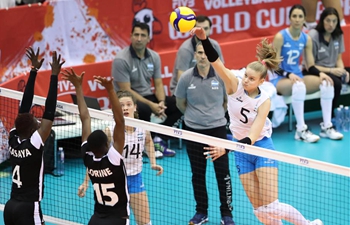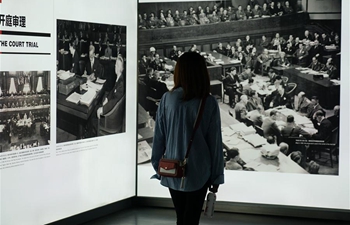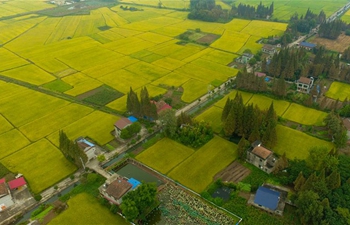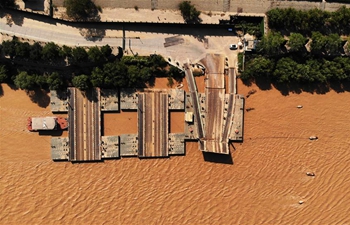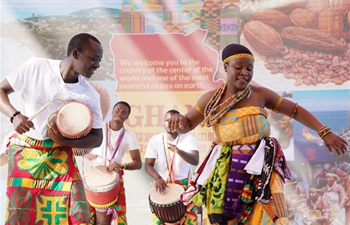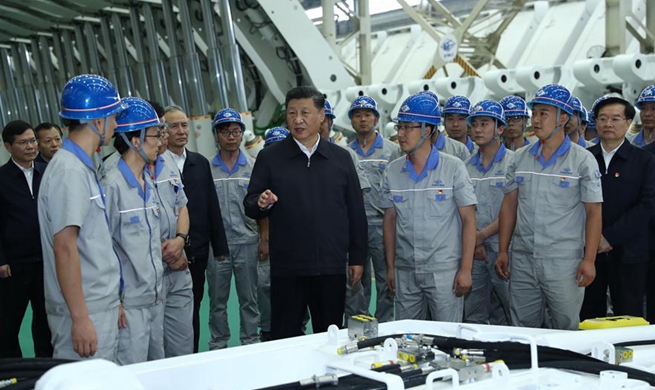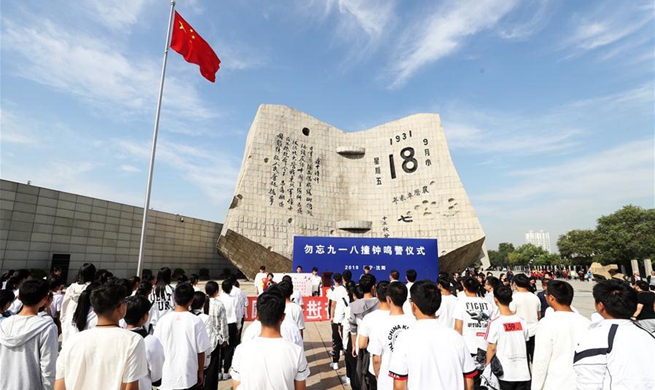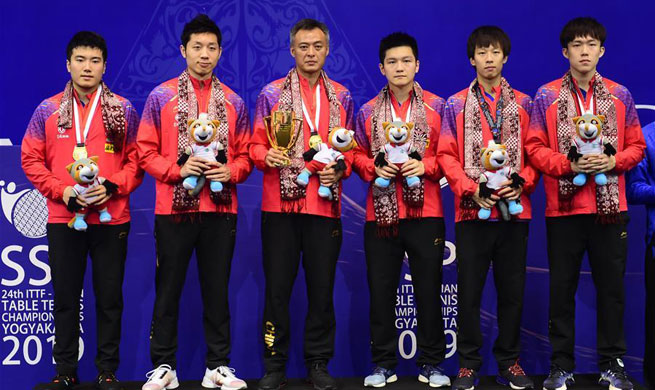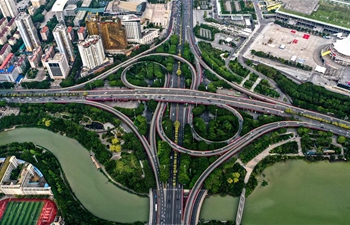MANILA, Sept. 19 (Xinhua) -- The Department of Health (DOH) of the Philippines confirmed on Thursday that polio is re-emerging in the country, 19 years after the country was declared polio-free by the World Health Organization (WHO) in 2000.
Philippine Health Secretary Francisco Duque said that DOH has declared an "epidemic" or "outbreak" after the department found the disease in a 3-year-old in Lanao del Sur province in the southern Philippines.
However, Duque told a news conference that the girl, who was unvaccinated against polio, is now well although still suffering from "residual paralysis."
Aside from the confirmed case, Duque said DOH is awaiting confirmation of another suspected case of "acute flaccid paralysis."
Duque further said the poliovirus has been detected in samples taken from sewage in Tondo district in Philippines' capital Manila and waterways in the southern Philippine major city Davao as part of the regular environmental surveillance.
"The samples were tested by the Research Institute for Tropical Medicine and verified by the Japan National Institute for Infectious Diseases and the United States Centers for Disease Control and Prevention," Duque said.
He explained that a single confirmed polio case of vaccine-derived poliovirus type 2 or two positive environmental samples that are genetically linked isolated in two different locations is considered an epidemic in a polio-free country.
Polio is an infectious disease which spreads rapidly. It can cause paralysis and, on rare occasions, can be fatal. There is no cure for polio. However, it can only be prevented with multiple doses of polio vaccines that have long been proven safe and effective.
The Philippines was declared polio-free since October 2000, with the last case of poliovirus reported in 1993.
Duque said the re-emergence of polio was brought about by low immunization coverage for polio, poor environmental sanitation and hygiene and low disease surveillance.
Duque said DOH, in close coordination with local government units and concerned national agencies, and with the support of the WHO, the United Nations Children's Fund (UNICEF), and other partners, "is preparing a rapid response to the polio outbreak."
This includes a series of synchronized oral polio vaccinations to protect every child under the age of five in areas at risk beginning in October 2019, Duque said.
Aside from immunization, Duque also reminded the public "to practice good personal hygiene, wash their hands regularly, use toilets, drink safe water, and cook food thoroughly."
Polio is spread when the stool of an infected person is introduced into the mouth of another person through contaminated water or food.
